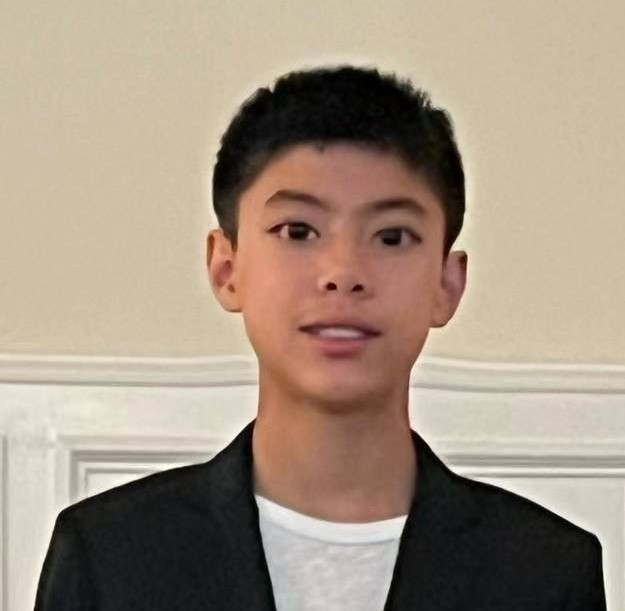What we do
There are several issues in education today that we try to address through the use of chatbots, open source platforms, and technology.
Some of these issues include:
- Limited access to quality education: Many students, especially in remote or low-income areas, do not have access to high-quality educational resources and teachers. By leveraging chatbot technology and open-source platforms, educational content and support can be made easily accessible to all. Chatbots can provide personalized learning experiences, answer questions, and guide students through educational materials.
- Lack of individualized learning: Traditional classroom settings often struggle to cater to the individual needs and learning styles of each student. Chatbots can be programmed to adapt to each student’s pace and provide customized support. By utilizing AI algorithms, chatbots can analyze students’ performance data and provide personalized recommendations for resources and learning paths
- Insufficient teacher support: Teachers often face challenges in connecting with each student due to large class sizes and limited resources. Chatbots can assist teachers by providing additional support and serving as virtual teaching assistants. They can help with grading, providing feedback, facilitating discussions, and even delivering lessons in a personalized manner.
- Limited engagement and motivation: Many students face disengagement and lack of motivation, especially when learning becomes repetitive or abstract. Chatbots can make learning more interactive and engaging through gamification techniques and immersive experiences. They can create simulations, quizzes, and challenges to encourage active participation and motivate students.
To solve these issues using technology, open-source platforms can provide the foundation for developing chatbots and educational tools. Open-source technologies allow collaboration and customization, making it possible for educators, developers, and researchers to contribute and improve the available resources. This ensures that the chatbot solutions are not limited to proprietary systems and can be freely accessed and adapted by a wider audience.
Additionally, leveraging AI and machine learning algorithms can enable chatbots to continuously learn and improve their ability to provide personalized support. By analyzing student data, they can identify knowledge gaps, adapt to individual learning styles, and recommend appropriate learning resources.
Ultimately, the use of chatbots, open source, and technology can democratize access to quality education, enhance individualized learning experiences, provide additional teacher support, and increase student engagement and motivation
Committee Members
 |
 |
 |
 |
| Darren Weng - Co-Chair | Charles Lugo - Co-Chair | Claim Your Spot - Co-Chair | Claim Your Spot - Co-Chair |